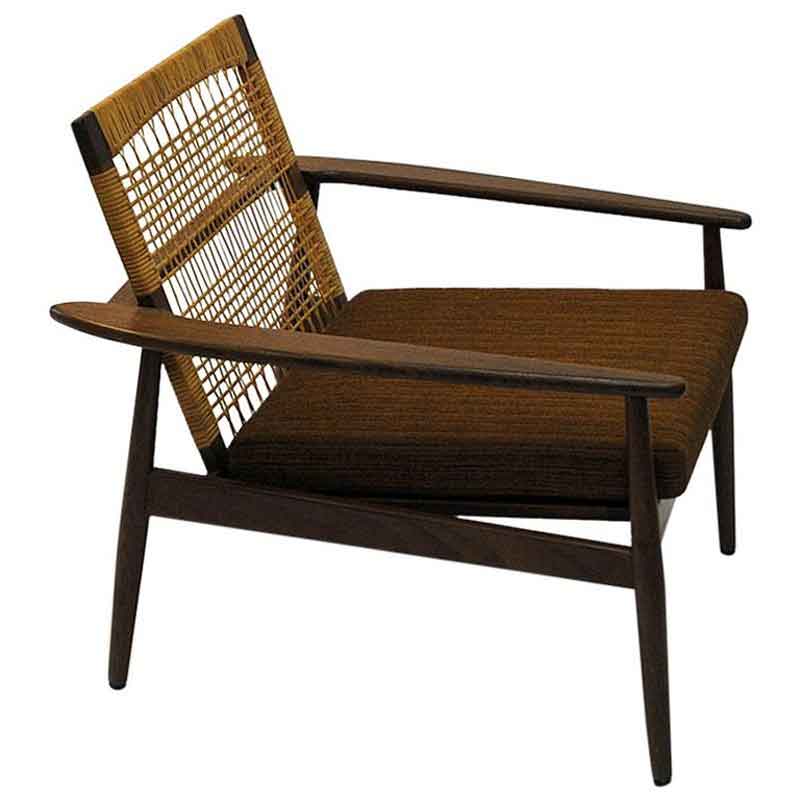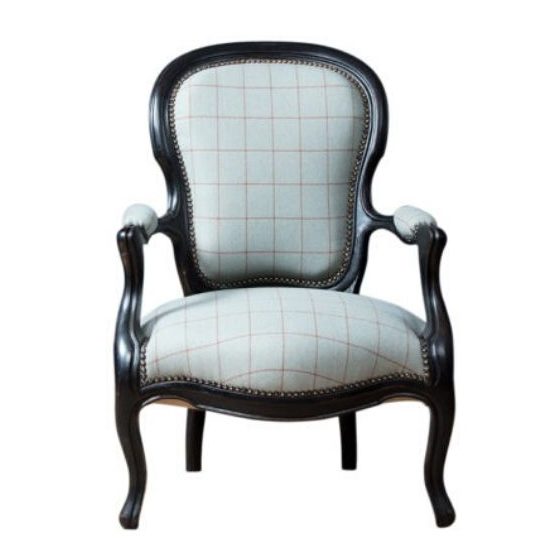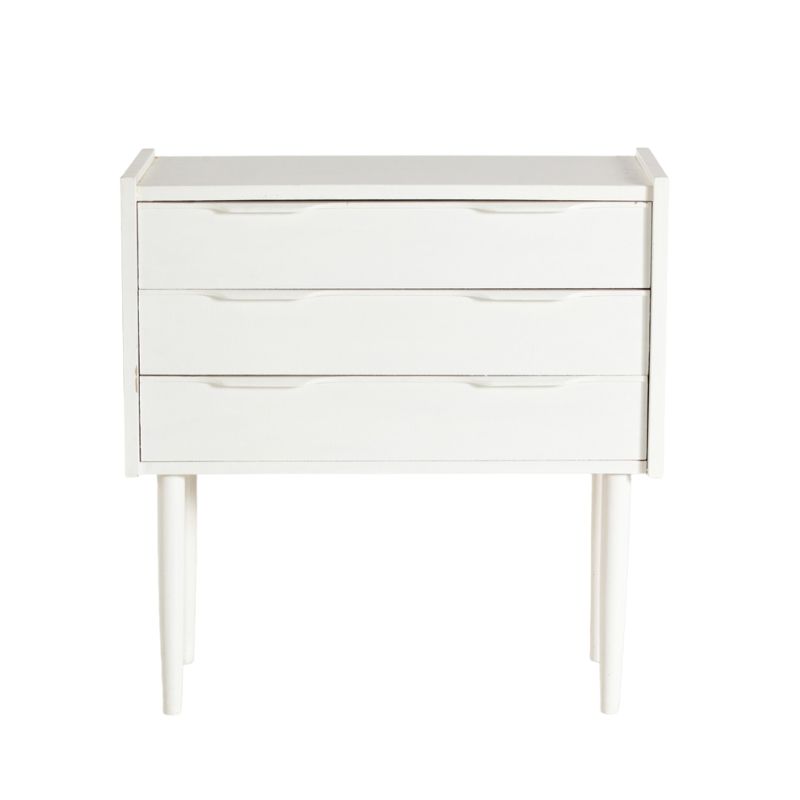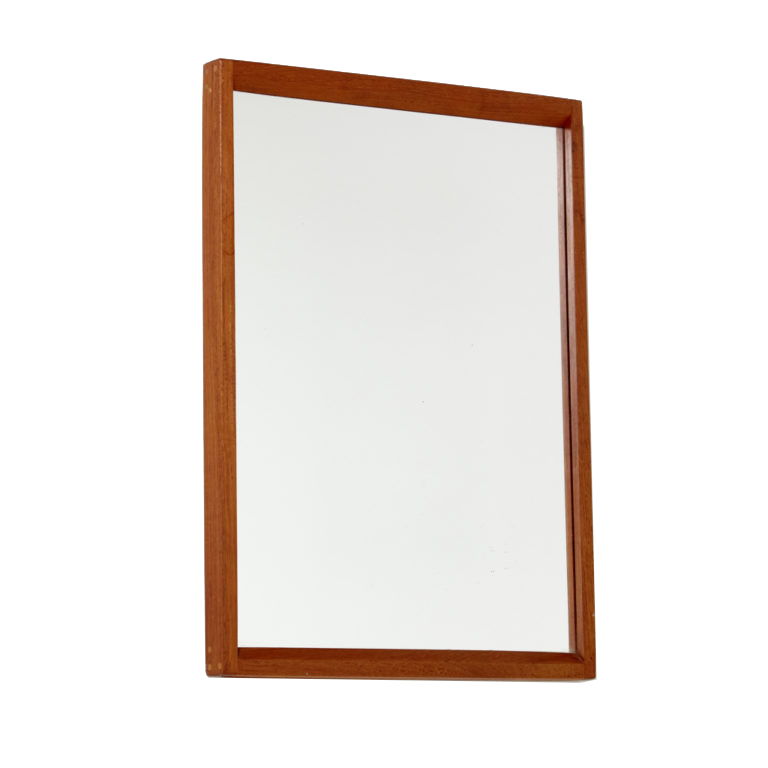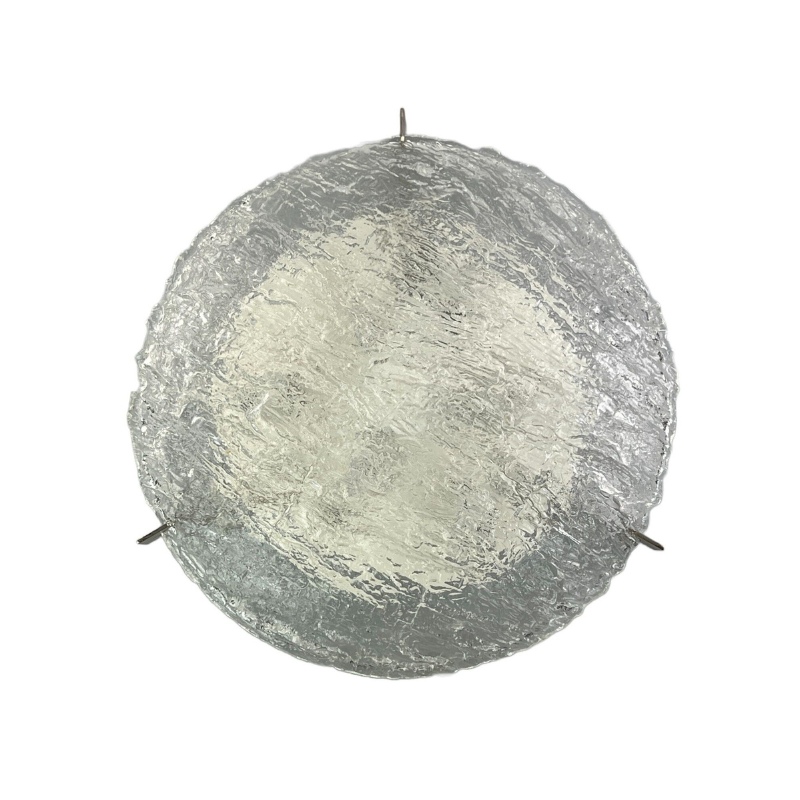hey again leif,
i don't think i'm equipped to go with the bleach and peroxide option but thanks for suggesting it. again a great idea that i'll keep note of for when i've got a proper workshop !
and i totally get what you are saying about the grain if i used a dark oil. however, i'm concerned that any remaining stain will still show through.
can you stain over oil ? if so i could try the oil first then if it's not working go over with the stain.
cheers,
bb
Might I recommend going this route? Very forgiving and not a bad final option for beech.
https://www.designaddict.com/forum/Identification/Danish-Lounge-chair-it-...
thanks mgee76,
i'd looked around online and thought that that might be the best way forward, but now i've seen cdsilva's india ink trick i have to say i am mighty tempted ... it's a really powerful effect and looks great. i'll just have to think about how it would look on my chair.
i'll post photos once decided which way to go and i've finished the job 🙂
thanks all,
bb
It'll look stunning, that's how it'll look!
I have done this with a bunch of beech chairs that had old stained finishes that had gone bad (one had actually turned greenish).
You do have to remove every last bit of finish, otherwise the ink will just bead up. But you're almost there now. I wouldn't worry about the specks of finish that are deep in the pores, since they're dark in color anyway. Just get it smooth and clean.
The ink will raise the grain a little bit in some places, maybe overall, kinda depends on several factors but it doesn't matter, just sand it very lightly with 300 when it's dry, wipe off the dust completely, and do one more coat.
Permanent India ink has a little shellac in it and that means you can't keep going over the same place with more ink. The shellac needs to dry before you go over it again. But it covers really well with one coat so that won't be much of an issue.
If you buff it down a bit on the ends of the arms, it'll look like the kind of wear that happens over many years. The actual wood color on ebonized pieces will eventually show through on the points of wear and this is a desirable thing. Just don't overdue it. Less is more.
Apply the ink with a small makeup sponge or foam brush and make SURE you wear rubber gloves. Disposable ones are fine. The ink is hard to get out from around your nails and just looks like dirt. The finer the texture of the application sponge, the better---more coarse foam tends to leave bubbles.
Let the ink set for a few days, then buff with a clean rag. A microfiber towel is great. You can apply a clear finish to keep the ink from ever rubbing off on clothing. I have used paste wax for a soft glow and adequate protection.
It's VERY easy to do.
(this is the chair that had turned green on one side)
wow spanky, that really does look great and i have to say that i'm pretty much sold on the idea now !
just need to find a waterproof india ink here (i'm based in switzerland) and i'm away 🙂
thanks also for the additional 'how to' information, you really made the steps required simple and easy to follow.
one final question, by paste wax do you just mean a normal beeswax type of finish or is it something different ?
cheers again,
bb
ok, so this india ink is available here ( https://www.royaltalens.com/brands/talens/graphic-art-products/indian-in...). as you mentioned spanky it has shellac in so should be ideal for the job.
will the 490ml bottle be enough do you think ?
cheers,
bb
Talens generally offers a good, professional artist's grade product, though I haven't used this particular ink. I have used Pelikan brand with great success for many years to ebonize poplar components in my work. That size bottle will certainly do a few chairs. Stir or shake well before use. Don't let it freeze and the extra will last for decades. Just understand, though, that there's no going back from this treatment. It should be considered permanent.
Here's a tip on technique that I've found helpful: After final sanding, saturate the entire surface with water to raise the grain, then wipe and let dry completely overnight. THEN final sand to +/- 400P before applying India ink. This will help to minimize the fuzz needing to be sanded smooth after the ink has dried. You can do the pre-wetting step a couple of times, if necessary, for even smoother results. I like a coarse-weave linen for burnishing, but any rag will do.
Yes, linen is ideal for polishing and burnishing because linen doesn't shed lint. That's why there are linen dishtowels---so your glassware will sparkle.
Ink gives remarkable coverage. Do not load up your sponge with a lot because it will just run and drip everywhere and make a huge mess. And yes--490ml is more than enough for 1 chair! Save the rest in case you find an ottoman!
Beeswax is ok. I use what is called paste wax here, which has solvents in it that speed the drying, or something---but I think wax is wax in the end. I love the soft glow it gives a piece but it does wear off with use and will have to be reapplied now if you want continuous coverage.
thanks tktoo, spanky, great advice as always !
going off at a slight tangent, when tktoo mentioned the 'p' word i did have a slight moment of doubt ... and then i remembered this rather good article in the guardian about how we spend so much time worrying about future regret ( https://www.theguardian.com/lifeandstyle/2017/may/05/stop-worrying-about... - actually all his articles are worth a read if you like that sort of thing).
so to hell with it, i'm going to do it and regret it later rather than regretting it already 🙂
the ink has been ordered and the weather is set fair for this weekend so i hope to have something for you all soon !
cheers for all your advice and will post pics once it's done !
bb
Yes, definitely permanent, or about as close as you can get to permanent.
To clarify my previous laconic post, my idea for india ink treatment was based on the following:
- it is not a piece of significant historic or monetary value (e.g. a real Wanscher colonial chair).
- the refinishing had been initiated before you acquired it, so there is no need to bring up the original finish discussion here,
- it is very difficult to replicate the original stained beech finishes on Danish Modern pieces,
- new stain finishes can often appear uneven on stripped beech wood,
- when the Danish stained beech rather than leave it in its natural state, they were trying to simulate more luxurious woods; therefore a black treatment on the same piece is keeping with the original spirit of the finish.
- the wood was not teak, rosewood, mahogany, etc.
- and after factoring in all of the above, a matte sheen black finish looks kinda neat.
Looking forward to seeing the end result.
I would just like to add to cdsilva's list: It will look very, very, very good, so don't worry.
Do come back when it's time to figure out which fabric, though. Fabric for loose cushions is not permanent at all but why not get it right from the start anyway? (And by "right" I just mean something that is correct for the era, looks good on the chair, and that you love.)
If you need any help, please contact us at – info@designaddict.com




